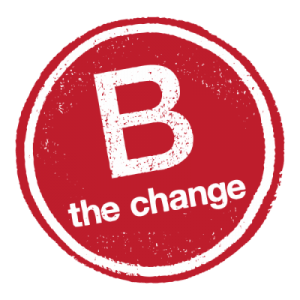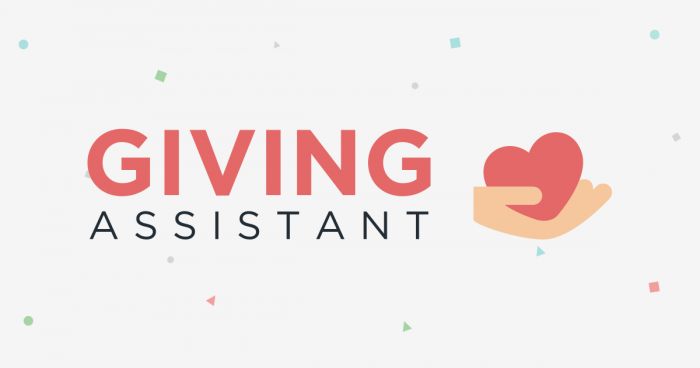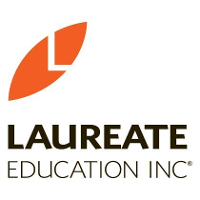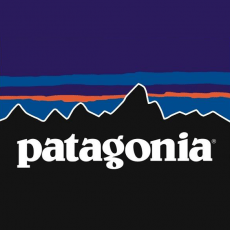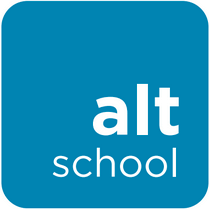Focusing mainly on profit maximization has been one core principle driving the business world, sometimes to the detriment of shareholders and the community as a whole. However, profit and benefits to society need not exclude one another, as proven by benefit corporations – a corporate legal entity specifically designed for mission-driven or value-driven businesses. Steering the business world into an ethical direction, benefit corporations aim to strike a balance between making profit and giving back to the community. A benefit corporation has social and environmental goals, advocates for corporate accountability and protects the financial interests of shareholders. The law defining benefit corporations was passed in 2010, and ever since, this corporate form has become quite widespread, including businesses from fields such as IT, education, retail and food. These are 7 of the most inspiring examples of benefit corporations in the United States, standing out not only through their mission statement, but also through their annual social and environmental performance.
1. Kickstarter
Kickstarter is a global crowdfunding platform for creative professionals, based in Brooklyn, New York. The platform enables users to start their own funding project and gain revenue for their projects, no matter if they work in design, gaming or fashion. Kickstarter became a Public Benefit Corporation in 2015 and pledged their commitment to the development of arts and culture. Moreover, the company would give 5% of annual post-tax profits to arts, education and organizations fighting inequality and continues to support small independent creators by developing a proactive ecosystem. Less commercial areas remain an area of focus for Kickstarter, which lately has also been involved in awareness and projects targeting the creation of equal opportunities for underprivileged social groups. According to the company’s first annual benefit statement, released in 2017, Kickstarter employs an equal number of men and women and hires its interns only from non-profit organizations promoting chance equality.
2. Plum Organics
Plum Organics was founded in 2007 from the desire of offering parents a healthy alternative for baby and toddler food and delivers organic, nutrient-rich snacks for adults as well. Promoting nutritional intelligence from an early age, the company was acquired by Campbell’s Soup in 2013, and that same year they also announced the transition to the benefit corporation model. The mission statement of Plum Organics is to offer children in the United States the chance of growing up with organic, nutrient-packed food, free from unhealthy processed ingredients and to educate American families on the importance of proper nutrition. Moreover, Plum Organics pledged to help children in impoverished communities and underprivileged households, and to this end they initiated The Full Effect® program, which fights malnutrition among babies and toddlers. Plum Organics was one of the first companies to register as a benefit corporation in the state of Delaware.
3. Giving Assistant
Based in San Francisco, California, Giving Assistant is an online shopping rewards platform that helps users find deals, earn cashback for their purchase and then donate part of these cashback rewards to charity. Giving Assistant collaborates with some of the nation’s largest retailers, including Walmart, Hotels.com, The Home Depot and Uber Eats and has become a benefit corporation to maximize their impact on society. Their mission is to raise $17 million for charity by 2020 and to do this, they will further improve their platform and deliver more and better cashback deals. Giving Assistant currently works with 3,000 online retailers, and they have donated money to causes such as: Pencils of Promise, an NGO that builds schools in poor communities, Camp Kesem, a free summer camp for kids who have one parent suffering from cancer, and Zidisha, a platform for entrepreneurs in developing countries.
4. Laureate Education
Laureate Education is a global network of higher education institutions, founded in 1999 with the mission of providing easier access to quality academic programs in fields such as business, medical, law, IT and architecture. Laureate Education consists of prestigious institutions located in the United States, Europe, Latin America, Africa and The Middle East and in October 2015 they converted to a Public Benefit Corporation. In December 2015, they also become a Certified B Corporation and they have reached several important milestones ever since, including becoming the first PBC to go public on any stock exchange in the world. At present, all Laurate Institutions offer community development programs, make donations and cater to the needs of underserved groups.
5. Patagonia
When it was founded, Patagonia was a small outdoor apparel company that manufactured climbing tools, and as it grew, it remained loyal to its core mission: uniting man and nature. Focusing on utility and simplicity of product design, the company decided to get involved in social causes and became the first company in California to elect benefit corporation status. The prime directives of Patagonia include creating a positive impact on society and continue to manufacture high-quality outdoor apparel with a minimum footprint on the environment.
6. King Arthur Flour Company
King Arthur Flour Company was founded more than 200 years ago in White River Junction, Vermont and is the oldest flour company in the U.S. What sets this benefit corporation apart from others on this list is that it’s 100% employee-owned and this ensures continuing commitment to quality assurance across generations. King Arthur Flour Company also encourages employees to take part in local volunteering activities, promotes environmental sustainability through its clean manufacturing processes and gets involved in community recycling programs.
7. Altschool
Altschool is a network of technology-driven micro-schools, founded in 2013, that focuses on innovative, high-tech tools to offer children an efficient and optimized learning experience. Classes include mixed-aged groups where children receive customized lessons from trained educators and have access to a connected community that supports personal growth. Altschool became a benefit corporation in 2014 and has invested in the formation of thousands of students ever since.
Find a Home-Based Business to Start-Up >>> Hundreds of Business Listings.













































